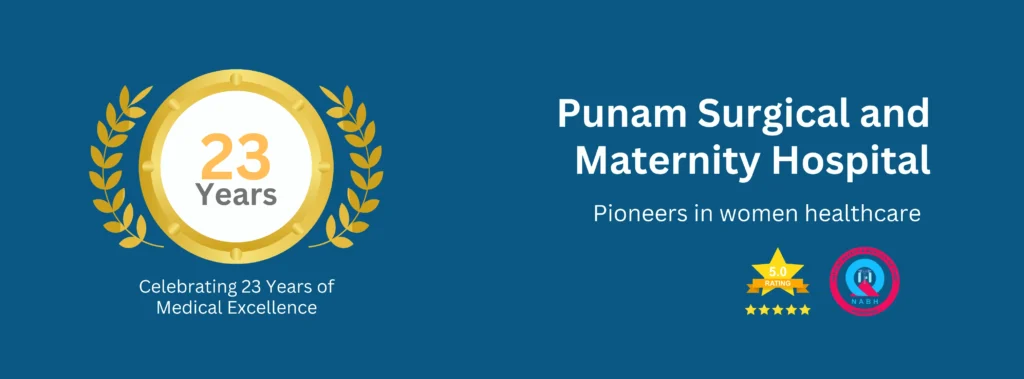
Genetic Testing
Genetic testing has revolutionized the field of medicine and personal healthcare by offering insights into our DNA—the unique code that defines every individual. This cutting-edge technology has numerous applications, from diagnosing inherited disorders to assessing risks for certain diseases. In this article, we’ll explore the fundamentals of genetic testing, its benefits, and the ethical considerations surrounding its use.
What is Genetic Testing?
Genetic testing involves analyzing a person’s DNA to detect changes or mutations in genes, chromosomes, or proteins. These tests can confirm or rule out suspected genetic conditions or help determine a person’s likelihood of developing or passing on a genetic disorder.
There are several types of genetic tests, including:
- Diagnostic Testing: Used to identify or confirm a genetic condition in symptomatic individuals.
- Predictive Testing: Determines the likelihood of developing a particular disease.
- Carrier Testing: Identifies if a person carries a gene mutation that could be passed to offspring.
- Prenatal Testing: Examines the fetus’s genetic material during pregnancy.
- Pharmacogenomic Testing: Helps tailor medication based on an individual’s genetic profile.

How Does Genetic Testing Work?
The process of genetic testing typically involves the following steps:
- Sample Collection: A sample of blood, saliva, or tissue is collected.
- DNA Extraction: The DNA is isolated from the sample in a laboratory.
- Analysis: Advanced tools, such as PCR (Polymerase Chain Reaction) or next-generation sequencing, analyze the DNA for specific mutations.
- Interpretation: Results are interpreted by genetic counselors or healthcare providers to guide the patient.
Benefits of Genetic Testing
Genetic testing offers several significant advantages that benefit both individuals and families.
Early Detection of Diseases
Genetic testing can identify the risk of developing conditions like breast cancer (BRCA1/BRCA2 mutations) or Huntington’s disease. Early detection allows for preventive measures or timely treatments that can save lives.
Personalized Medicine
Pharmacogenomic testing ensures that patients receive medications tailored to their genetic profile, minimizing side effects and improving efficacy.
Informed Family Planning
Carrier testing helps prospective parents understand the risk of passing genetic disorders to their children, enabling informed decisions about family planning.
Preventive Health Strategies
Individuals identified as at-risk for certain diseases can adopt healthier lifestyles or undergo regular screenings to mitigate the risk.
Limitations of Genetic Testing
While genetic testing is a powerful tool, it has its limitations. Not all genetic tests are 100% accurate, and they cannot predict the severity of a condition. Additionally, a negative result does not entirely eliminate the risk of developing a disease due to other non-genetic factors.

Ethical Concerns in Genetic Testing
The rise of genetic testing has brought ethical challenges that need careful consideration.
Privacy and Data Security
The information obtained through genetic testing is sensitive and must be protected. Breaches of genetic data could lead to discrimination in employment or insurance.
Psychological Impact
Receiving genetic test results can be emotionally challenging, especially if the results indicate a high risk for a severe condition.
Informed Consent
Patients must fully understand the purpose, risks, and implications of genetic testing before undergoing the procedure.
Genetic Testing and Gynecology
In gynecology, genetic testing has become a vital tool for diagnosing and managing reproductive health conditions.
BRCA Gene Testing
BRCA1 and BRCA2 gene tests assess the risk of breast and ovarian cancers. Women with mutations in these genes can opt for preventive measures, such as regular screenings or prophylactic surgery.
Prenatal Genetic Screening
Prenatal tests, such as non-invasive prenatal testing (NIPT), screen for chromosomal abnormalities like Down syndrome in the fetus, helping expectant parents prepare for their child’s needs.
Fertility Assessment
Genetic testing can identify issues affecting fertility, such as chromosomal abnormalities, enabling appropriate treatments for couples struggling to conceive.
The Future of Genetic Testing
As technology advances, genetic testing is becoming more accessible and comprehensive. Emerging trends include:
- Whole Genome Sequencing: Offers a complete picture of an individual’s genetic makeup, enabling deeper insights into health and disease.
- Direct-to-Consumer Testing: Companies like 23andMe and AncestryDNA provide genetic tests for ancestry and health insights, bringing genetic testing to the general public.
- Gene Editing: Techniques like CRISPR may one day allow for correction of harmful genetic mutations.
Genetic testing is a transformative tool in modern healthcare, offering invaluable insights into our genetic makeup. While it holds immense promise for improving health outcomes, it also raises important ethical questions that must be addressed responsibly. Whether for diagnosing diseases, planning families, or personalizing treatments, genetic testing continues to reshape the future of medicine.